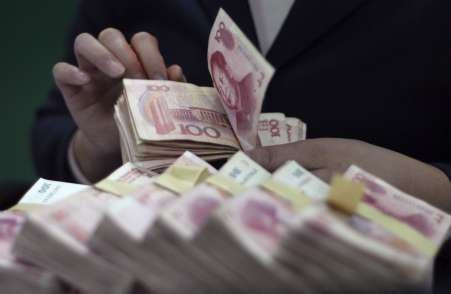Chinese consumer confidence falls for first time in 18 months

Chinese consumer confidence fell in the third quarter, recording a drop for the first time in six quarters, amid growing inflation concerns.
The consumer confidence index in the world’s second largest economy dropped 5 points to 104 in July-September on quarterly basis, the China Economic Monitoring & Analysis Center affiliated with the National Bureau of Statistics (NBS) said on Wednesday.
The index fell because consumers are less willing to buy, NBS said in a report.
A surge in food prices propelled Chinese consumer prices to a 25-month high in October, despite the government's efforts to control inflation.
Food prices in China went up by 10.1 percent in October year-on-year. Food prices continued to increase from 5.7 percent in June to 8 percent in September.
However, confidence of consumers in urban areas of China remained stable in the third quarter, while confidence among rural residents fell 11 points to 106 suggesting these areas are more sensitive to price rises.
Also, the report found 78 percent of the consumers surveyed expect prices to rise further over the next 12 months, up 10 percent from the second quarter.
From January to October, inflation rate in China stood at 3 percent, hitting the government target rate for 2010.
The People's Bank of China raised interest rates by 0.25 percent in October for the first time in three years to tame inflation. Last week, the central bank ordered banks to increase reserves in a move to curb lending.
Economists and markets believe there could be further rate moves in the next few months, as inflation stays above 4 percent.
© Copyright IBTimes 2025. All rights reserved.





















